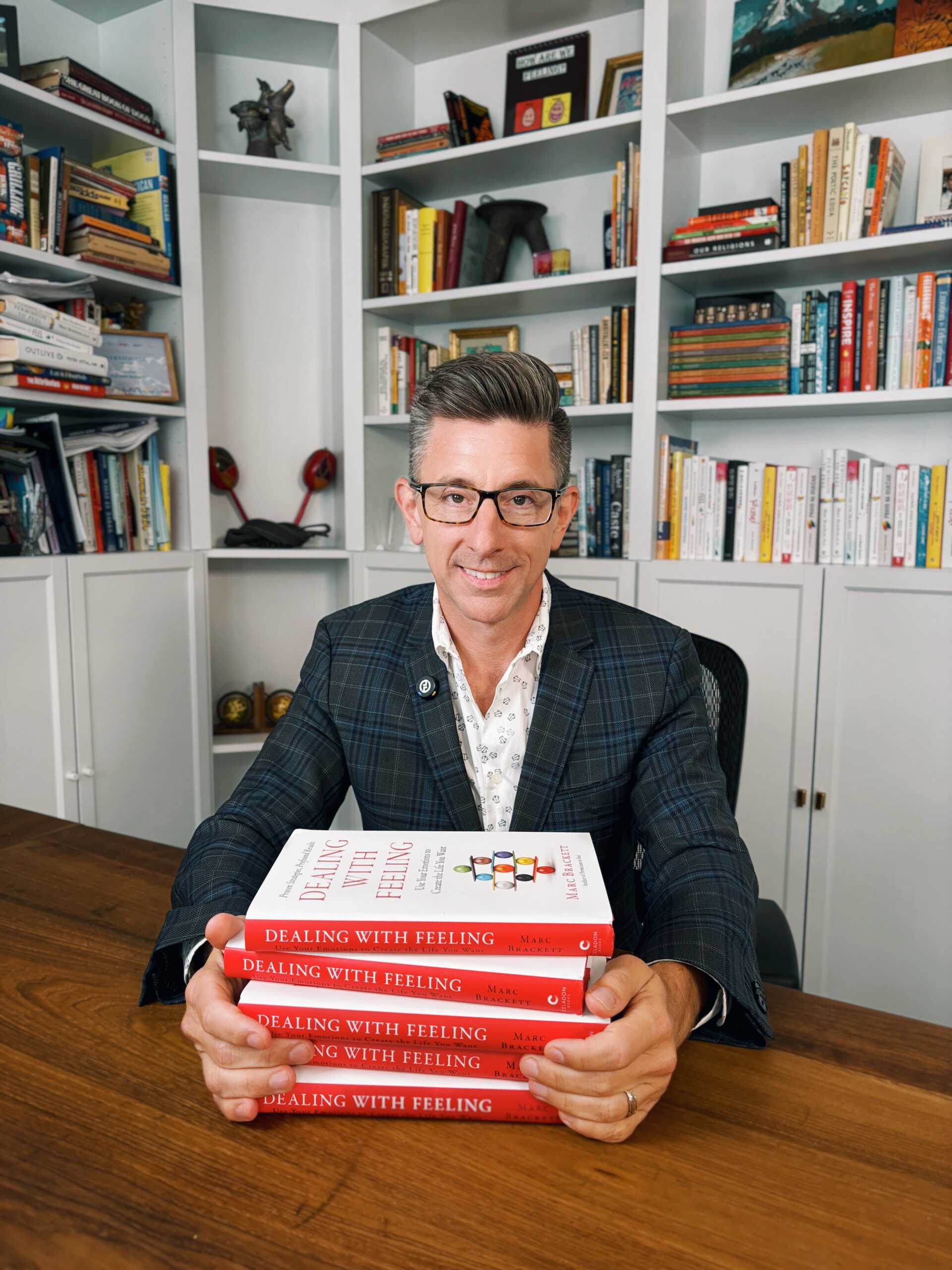Empathy in Out-of-School Time
Out-of-School Time (OST) settings provide unique opportunities to help youth become more empathic and compassionate toward each other. OST settings provide the time and space for staff to get to know youth, as well as opportunities for youth to meet and get to know other youth who may vary in age, culture, abilities, and interests. Because we tend to feel empathy more easily for people who are familiar, expanding youth’s experience sets the stage for them to feel and express greater empathy.
What is empathy?
Empathy is more than general kindness and caring. Psychologists define empathy as the ability to understand and feel what someone else is feeling from that person’s perspective. In other words, you actually feel the same feelings as you believe they are experiencing. You’ve probably heard someone described as being able to “identify with” other people. When a person understands another’s experience and feels along with them – that’s empathy.
Strategies for Building Empathy in Youth
We can help youth see themselves as kind, considerate, and caring people, but we have to show them, through our words, actions, and decisions. Beyond this, we have to believe that the youth we serve are capable of kindness and compassion. Below are some strategies for building empathy in youth.
- Get to Know and Build Strong Relationships with Youth
- Establish a Safe and Supportive Program Climate
- Model Empathy
- Incorporate Teamwork and Collaboration into Program Structures and Activities
- Include Service-Learning and Volunteer Experiences in Your Programming
- Implement Restorative Practices
To take a closer look at these strategies and the importance of empathy in Out-of-School Time sessions, download our guide.


